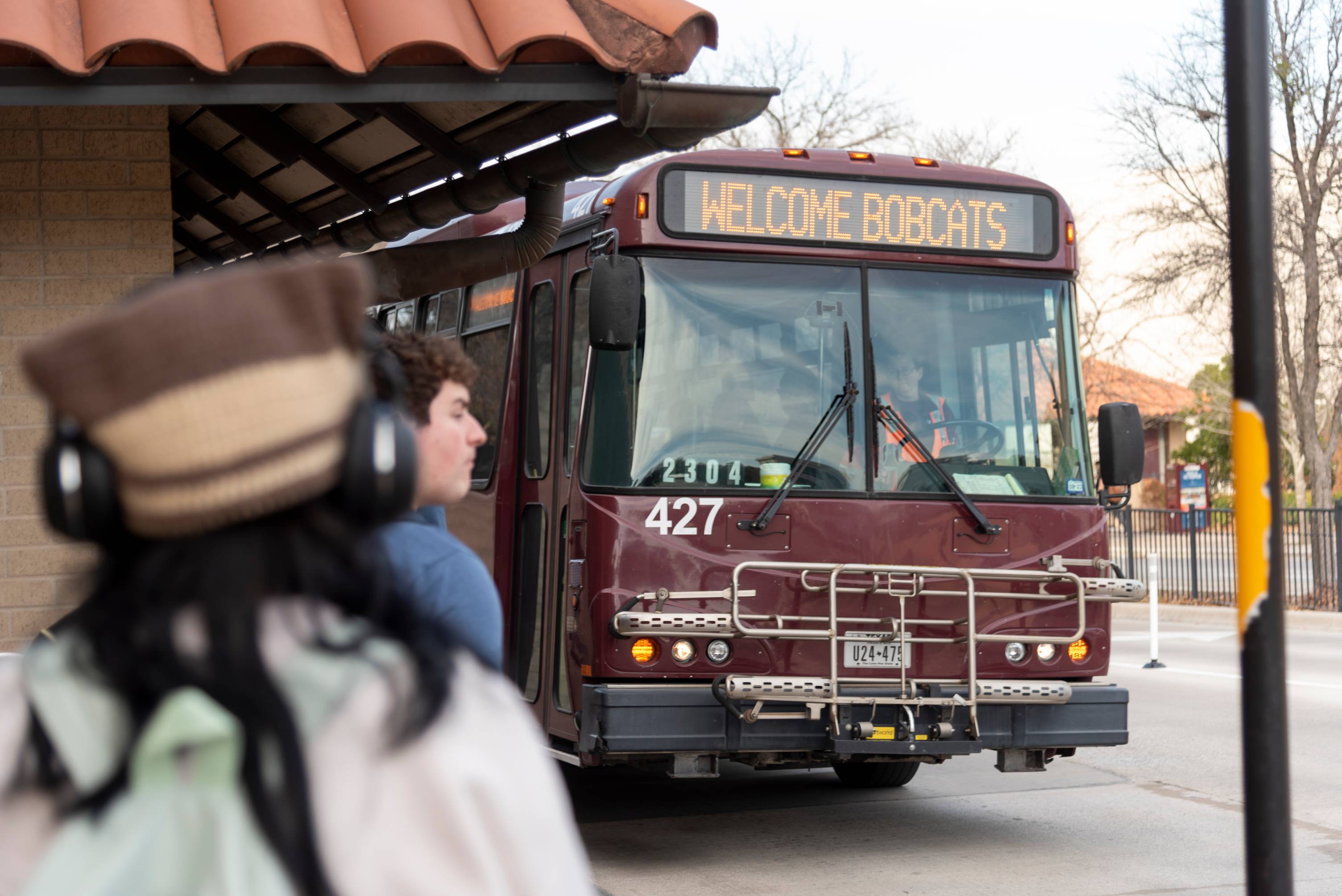Disability Services (DS) is committed to helping students with disabilities and their parents make a smooth transition from high school to postsecondary education. We would like to share the following resources with you as you begin your transition to our University.

Admission to TXST
TXST does not discriminate on the basis of disability in the recruitment and admission of students to the university. Students with disabilities must meet the same admission requirements as other students. DS is available to review disability documentation for students who have been accepted for admission.


Transitioning to College
The laws governing postsecondary education are different from those governing K-12. Students with disabilities who received accommodations in high school should be aware that postsecondary education does not necessarily provide the same accommodations set forth in their I.E.P. or 504 Plan.
I have never felt so seen at an accommodations meeting. …I came into this meeting preparing to defend every accommodation that I have had my whole life, instead I was guided and helped at every accommodation. Thank you so much, you have really helped me feel more confident about coming to a big university.
Legalities and Student Success
Overall Legal Principles
Students...
- Every student with a disability has a right to a free and appropriate public education,
Students...
- Post-secondary education is available to qualified individuals with disabilities who, with or without reasonable accommodation, meet the eligibility criteria and standards.
The school is required/responsible for...
- Fundamental alteration of programs/curricula,
- Identifying students as needing accommodations,
- Developing an Individualized Education Plans (I.E.P.), and
- Providing personal services for a disability.
Post-secondary education is not required to...
- Provide fundamental alterations,
- Identify students as a person with a disability,
- No Individual Education Plan (I.E.P.) exists.
- Provide personal attendants nor services.
Self-Advocacy
Primary advocates are the students' parents or guardians.
- Students at this time are learning about their disability, their accommodations, and how to self-advocate.
Students are expected to advocate for themselves.
- Students are responsible for requesting accommodations and for discussing accommodation needs with faculty.
Promoting Student Success
The school is responsible for ensuring student success.
The institution creates success by identifying student needs for accommodations, effectively advocating for these needs, and providing academic modification when appropriate.
The student is responsible for ensuring student success.
Students create success by knowing what accommodations they need to have equal access, effectively advocating for these needs, and utilizing resources available to them.
[My disability specialist] made me feel whole again. [They] made me feel like I should not be ashamed of my disability. …[They] did an amazing job helping me get adjusted to my accommodations that I was ashamed of in grade school.
Parents and Confidentiality
Role of Parents or Guardians
Parents or guardians are...
- Responsible to make sure the school is accommodating their child appropriately.
- Receiving regular contact and feedback from the school.
As a registered student with a disability...
- It is the student's responsibility to provide notice of any isses that they may encounter.
- Contact with parents or guardians is limited by privacy laws.
Confidentiality of Students' Disabilities
High School
- Students' disabilities are discussed among parents or guardians, teachers, administrators, and others on the I.E.P team.
College
- Disability records are education records under FERPA. DS can disclose information with the student's written consent or if there's a legitimate educational need.
[Disability Services was] super helpful and willing to provide for me and my accommodation. I am so glad your team is on top of it and willing to help incoming students.
Advising and Academics
Academic Advising 101 for Students with Disabilities
We recommend obtaining your course materials early. If you need assistance locating alternative formats, adaptive software, and hardware, please contact our office.
What type of condition or triggers might affect your academic performance or schedule?
- Time of day you are most alert
- Food and medication schedule
- Ability to see, hear, focus, sit, engage, and interact in class
Know your major's course requirements, pre-requisites, or co-requisites.
- Allocate credit hours/time for challenging subjects
- Full-time vs. Part-time
- Online vs. In-person
- Plan for travel time between classes/buildings
Time & Attendance
School is...
- Approximately 6 hours per day, 5 days a week, and
- The school year is about nine months long.
School is...
- Full-time students typically spend 12 to 18 hours per week in class, depending on their course load.
- An academic year consisting of two to three semesters.
Studying & Exams
Students may...
- Spend only up to 2 hours studying,
- Be told in class what they need to study,
- Have frequent exams covering small amounts of material,
- Have makeup exams, and
- Have modified grading standards.
Students may...
- Spend at least 2 to 3 hours studying for every class,
- Be expected to read the assigned material,
- Have infrequent, cumulative exams,
- Ask for a possible makeup exam, and
- Expect grading standards to remain.
